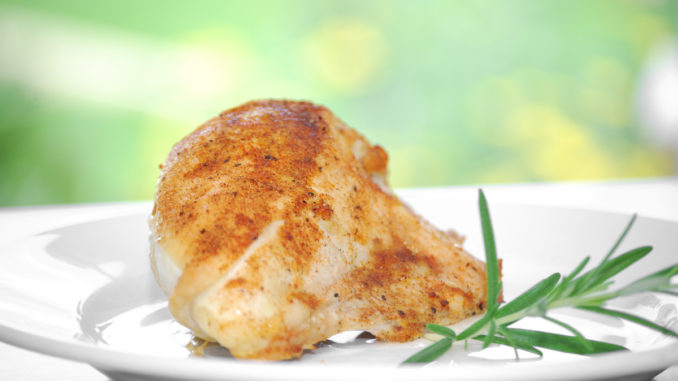
Of the many vitamins and minerals your body needs to function properly, selenium is one that only requires a trace amount. And yet without that small amount, the body suffers considerably. That is why you should be sure to include at least a small amount of selenium in your daily diet.
What is Selenium and What Does it Do in Our Bodies?
While only a trace mineral, selenium helps the body in three major ways. From regulating the hormones produced by the thyroid to providing protection from infection and assists in stopping chronic diseases. It is these three functions which are essential and make selenium a high priority in terms of what to consume each day.
Selenium also helps with fertility, prevents cell damage caused by free radicals, and may even slow down the aging process.
How Much Do We Need to Consume in Our Diets?
You only need to consume 55 micrograms, which is just a trace amount. And while the detrimental effects of not having enough selenium are considerable, there is also the issues associated with consuming too much.
It is recommended that you do not exceed 400 micrograms of selenium each day. Otherwise, you might face health risks that include diarrhea, bad breath, and even the loss of hair. To help moderate your intake, it is generally best to consume a little more than the daily recommended amount but try not to exceed 100 micrograms per day.
Selenium Recommended Daily Amount
The recommended amount of 55 micrograms per day is for those 14 years old and older. For those who are under 14, less is needed because they have not fully matured or reached puberty. The amount grows from 15 micrograms for infants up to 20 micrograms for those up to 3 years old. That amount increases by 10 micrograms every four years until the age of 14 is reached.
Keep in mind that some people may have difficulty absorbing selenium, which means they will need to consume more every day. Such people include those who have Crohn’s disease, HIV, or are receiving dialysis. If you have Graves’ disease or hypothyroidism, you will also need to be careful about how much selenium you consume.
For those looking to add selenium to their diets, there are at least 10 foods that are commonly available which contain more than enough selenium for your daily requirements.
10 Foods Naturally High in Selenium
Baked Beans:
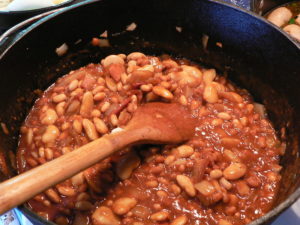
For many vegetarians, baked beans provide the protein that is lacking in most other fruits and vegetables. In addition, it also offers about 12 micrograms of selenium per cup. In addition to the selenium and protein, it also is a great source of fiber. However, you’ll need to be careful about the amount of salt that is present.
Brazil Nuts:
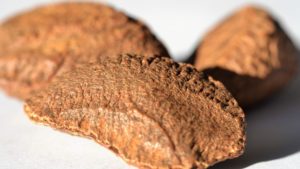
One of the best sources of selenium, a single Brazil nut contains about 95 micrograms of selenium. That is nearly the twice the daily amount your body needs. And if you choose Brazil nuts, you only need to eat one or two each day at most. Consider that eating more than two Brazil nuts would put you over the recommended limit.
Cottage Cheese:
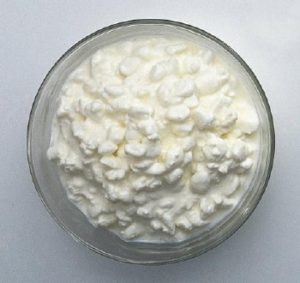
It seems that cottage cheese comes up in many lists of healthy foods. At the very least, it is low in calories which makes it a great filler food. However, it is also rich in selenium as it contains about 20 micrograms per cup. This represents about 30% of the selenium you need every day. When combined with other foods that contain selenium it becomes easy to get what you need.
Eggs:
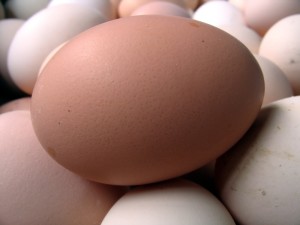
A single large egg can provide up to nearly 30% of your daily selenium requirement. However, if you are watching your cholesterol intake, you can stick to the egg white which contains about 9 micrograms of selenium per egg.
Lean Meats:
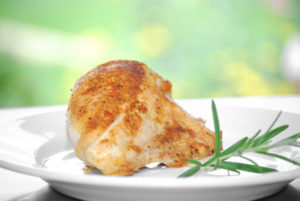
A great source of selenium, you may consume a wide variety of lean meats that include beef and chicken. A 4-ounce shirt steak is enough to produce 26 micrograms of selenium. You can get more from a sauteed chicken breast with the skin, this will contain 40 micrograms of selenium. A mixture of lean meats through the day alone can provide more than enough selenium.
Oatmeal:
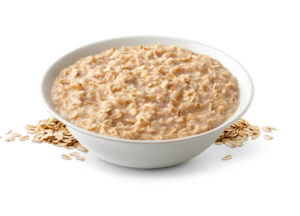
If you enjoy oatmeal, then you are getting a good amount of selenium with every bowl. One cup of instant oatmeal contains up to 10 micrograms of selenium. But if you enjoy raw oatmeal, then you are getting up to 23 micrograms of selenium for every cup. Oatmeal also has other properties as well that are quite good for the body.
Pasta:
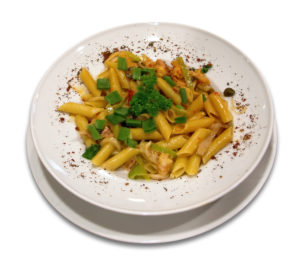
Given how pasta is found in so many different meals, this is an easy one to include. You should consider adding whole grain pasta which has as much as 50 micrograms per cup. However, a standard cup of pasta does add 36 micrograms. Consider adding pasta to a single meal and then one other food that contains selenium to ensure that your body is getting enough.
Rice:
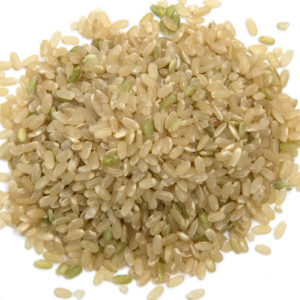
If you have issues with Celiac disease or perhaps allergies to wheat, rice is a good substitute. A single cup of white rice adds 9 micrograms of selenium while brown rice is 15 micrograms per cup. You should moderate your intake of rice to gain all the benefits without having to deal with the issues that too much rice consumption can bring.
Seafood:

You can find selenium is most seafoods. A typical tin of sardines provides 45 micrograms of selenium. But if you consume about 3 ounces of halibut or yellowfin tuna, you’ll get roughly 92 micrograms which is more than enough for the day.
Sunflower Seeds:
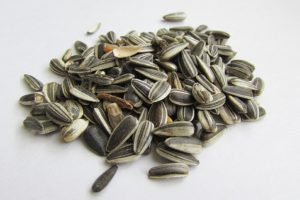
A great snack, sunflower seeds are natural, healthy, easy to consume, and contain about 19 micrograms of selenium for every one-quarter cup. This means that a full cup provides all the selenium you need for the day. However, the salt content of sunflower seeds is considerable, so you will need to moderate your intake.
Given how selenium is present in so many different foods, most people will not need a supplement to add this important trace mineral.

Be the first to comment